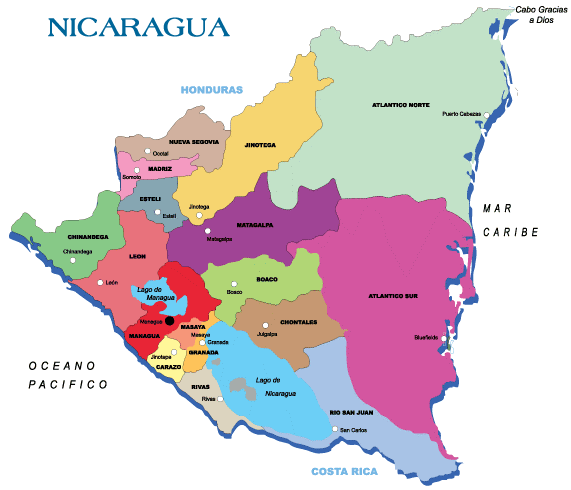
REAL ESTATE IN NICARAGUA
Hailed as “the next Costa Rica,” Nicaragua has followed in its neighbor’s footsteps by overhauling its legal system, thus becoming one of the few countries in the world to offer equal property and ownership rights to citizens and foreigners a like (100% full land ownership to foreigners). New legislation is also in place to offer even more security and encourage much desired foreign investment. The World Bank has rated Nicaragua as one of the Top 10 safest countries to start a business. But the prices have remained low despite the growth in the area.
Nicaragua offers extraordinary opportunities in real estate, from elegant colonial houses in Granada, the old colonial city, to the beaches of Tola and San Juan del Sur.
Second homes are being snapped up by foreigners, mainly from the United States and Canada. However, real estate practice and the supporting institutions are still underdeveloped. Most purchases are cash transactions with the buyer and seller directly negotiating.

Surfers aren’t the only ones to recognize the value and beauty of this area. The Lonely Planet travel guide recently ranked Nicaragua 3rd of the “Top Hottest Destinations” . This newfound mass appeal was solidified when U.S. News and World Report named the country as “One of the Top 10 Places to Retire Overseas.” In the past year, articles featuring tourism, retirement and investing in Nicaragua have appeared in publications such as The Wall Street Journal, Conde Nast Traveler, Washington Post, NY Times, GQ, Men’s Journal and the San Francisco Chronicle, among others.
The property purchase process starts with the offer being verbally accepted by the buyer. If a promise of sale is made, there is a non-refundable deposit of 5% to 15% paid to the seller, and a closing timetable is set. The whole process of registering a property can take around 65 days. The legal process begins with a number of checks made by the lawyer.
The lawyer requests the Libertad de Gravaman (Free of Lien) document from the Public Registry Office. It should show any impediment to the sale (such as previous promises of sale, mortgages, pending legal cases, etc.), and the name of the real owner
Once the lawyer has checked this paper:
A new Escritura (or Title Deed) will be drawn up showing the buyer as the new owner.
The seller of the property and the buyer of the property will sign this new document and it will be witnessed by the lawyer.
The seller should provide his Tax ID Number, Land Registry Certificate, Land Registry Survey, Power of Attorney (if not the property owner, 1% Withholding tax and Verification that all taxes have been paid to date).
At the same time the money for the purchase of the property should be transferred from the buyer to the seller.
Following this, the lawyer will take the necessary steps to have the property registered in the buyer’s name:
~ The Cadastral Office will evaluate the property.
~ The buyer will then pay 4% of this assessed value to the Revenue Office. Payment of this Transfer Tax results in the transfer of the property to the buyer’s name.
In addition, the buyer will pay 0.5% of the assessed value to the Public Registry. Payment of this Registration Fee ensures that the property is registered in the buyer’s name.
Once the property has been registered in the buyer’s name, he is the legal owner.
Title insurance is available from First American Title Insurance Company, costing about US$500 for every US$100,000 insured.






